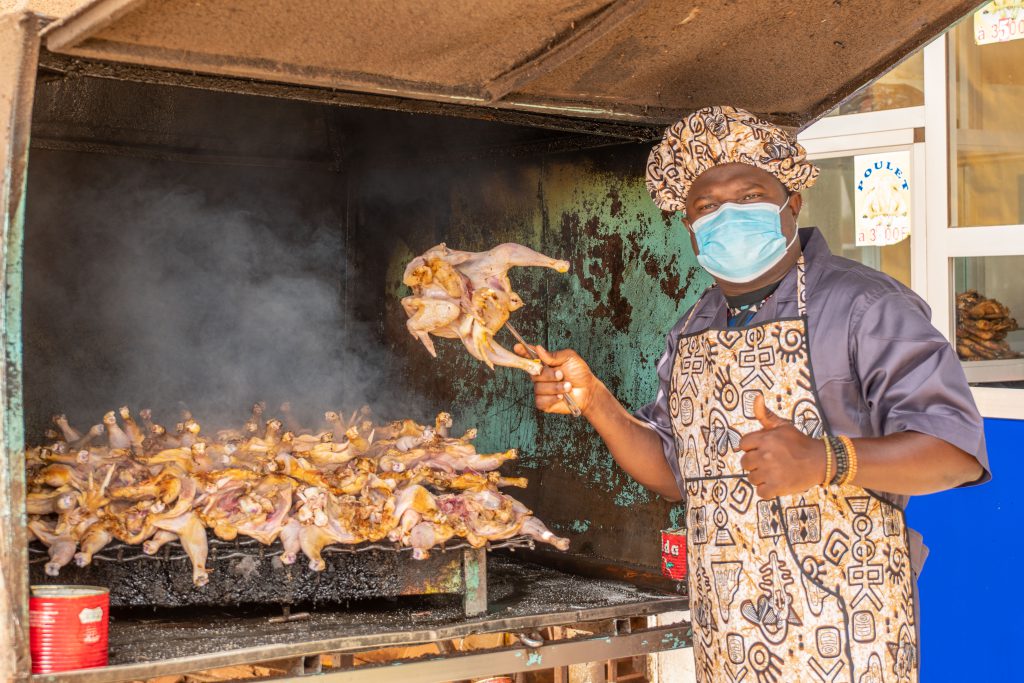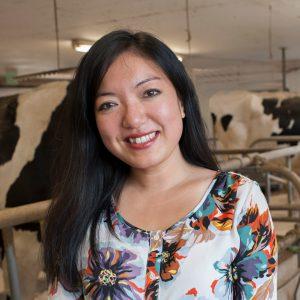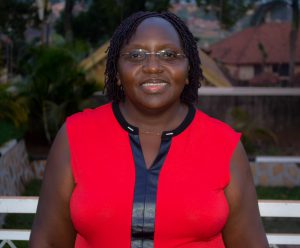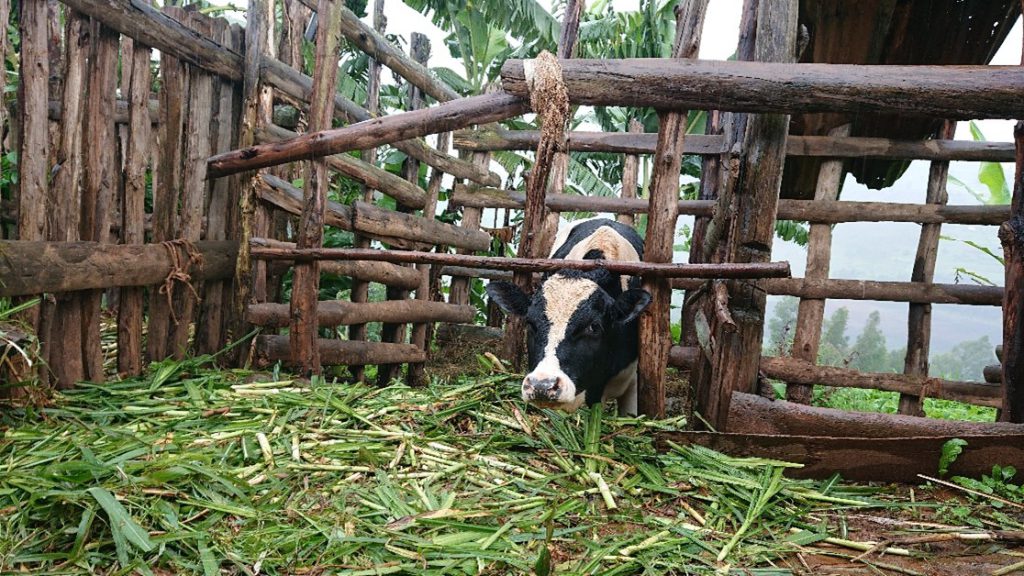International research teams are collaborating on new agricultural projects to improve the lives of vulnerable farmers and their families in West and East Africa. Their challenging mission is to empower small-scale livestock farmers and markets to flourish in these regions.
Many livestock farmers have little income and may be illiterate. They are women and men, living day to day, who raise dairy cows and other livestock near their homes with little support and certainly no insurance.
This targeted agricultural research, funded by U.S. citizens through the U.S. Agency for International Development, represents the beginning of a second phase of the Feed the Future Innovation Lab for Livestock Systems. In its first phase, more than 50 projects investigated livestock systems across eight countries.
Connecting Across Cultures
The new projects are based in Burkina Faso, Ethiopia, and Rwanda. Each project team includes locally based researchers and those established in the U.S. or a similarly industrialized country. For example, in one project in Burkina Faso, six researchers from four countries are working together.
“The way these projects come together is a first-class example of international collaboration,” says Gbola Adesogan, the director of the Livestock Systems Innovation Lab at the University of Florida. “They are able to find solutions for local farmers that might otherwise be ignored.”
Each project offers its own story, and here we highlight four projects initiated in recent weeks in 2022.

Burkina Faso: One Health for Poultry
Roasted chicken is a national dish in this landlocked country, but methods for raising poultry may lack safety and sanitation. This project will seek best practices for teaching farmers how to avoid zoonotic diseases and increase productivity.
The project’s leader, Michel Dione of the International Livestock Research Institute, shares his enthusiasm: “I am excited to start this new project, which will use interdisciplinary integrated One Health approaches, working with renowned national and international scientists to tackle important local issues along the poultry value chains.” Click here for more information.

Ethiopia: Milk Consumption and Child Growth
Building on our previous work on toxins in milk, this project in Ethiopia focuses on young children and safe milk consumption. The project leader, Felicia Wu from Michigan State University, summarizes the approach: “We will recruit 1,000 dairy-producing households with children between ages 6-18 months, conduct interviews throughout the course of 18 months regarding dairy practices and child diets, and gather dairy feed and milk samples to assess for aflatoxins, microbes, and nutrients. Ultimately, our goal is to determine how overall milk consumption affects children’s growth trajectories.”
Click here for more information.

Rwanda: Productive Pig Farming
Rwanda recognizes the potential of the pig sector, but various elements need improvement and innovation. This project, with nine researchers, will apply an integrated approach to apply locally interventions on farms and in the marketplace.
Click here for more information.

Rwanda: Integrating Decision Systems
Many farmers struggle to feed their livestock optimally. This project will combine farmers’ views with computational models to improve livestock fodder production in sustainable ways. It will map areas in Rwanda where fodder production has high potential and offer guidance based on household needs. Click here for more information.
Our country coordinator in Rwanda, Felix Ngamije, will be supporting these projects and related efforts. “We are excited to see these projects starting,” he said. “They will contribute to the livestock development in Rwanda and have an essential impact on animal-source food.”
The Four Projects
These projects will progress over two to three years, and their findings will be shared widely through academic and non-academic publications. Read more about these four research projects on our website:
- Poultry losses and One Health (POLOH): Reducing losses and zoonotic risks along the poultry value chain through a One Health approach
- Aflatoxin M1 health risks vs. benefits of dairy consumption in Ethiopian children: An epidemiological trial and risk-benefit analysis
- Profiting from pigs in Rwanda: Improving people’s lives and livelihoods through more productive pig farming
- Application of the integrated decision support systems to improve livestock systems and household nutrition in Rwanda for research and capacity development
 2
2
